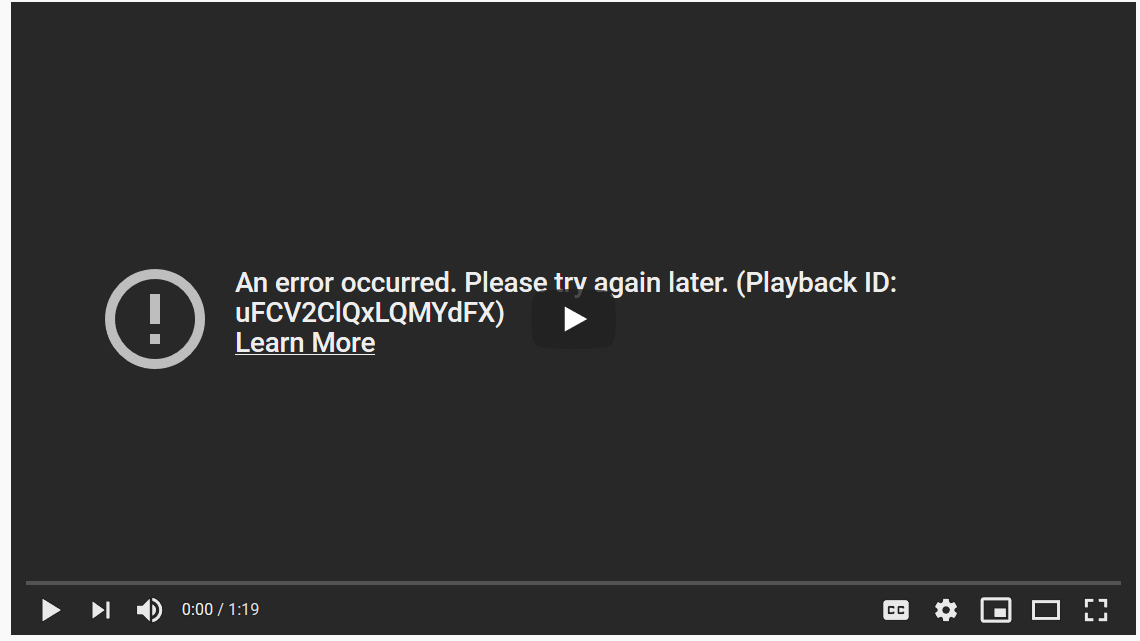Do stamps expire? The answer, surprisingly, isn’t a simple yes or no. This seemingly straightforward question delves into a fascinating world of postal regulations, international variations, and the subtle clues hidden within the stamps themselves. We’ll unravel the mysteries surrounding stamp expiration, exploring the different types of stamps, their varying lifespans, and the potential consequences of using an expired stamp.
Prepare to be enlightened as we navigate this intricate postal puzzle.
From the seemingly innocuous postage stamp to the more specialized revenue stamp, each type carries its own set of rules regarding validity. We’ll examine how factors such as the issuing country and specific postal regulations influence a stamp’s lifespan. This exploration will not only answer the core question of whether stamps expire but will also equip you with the knowledge to confidently navigate the world of philately and postal services.
Types of Stamps and Their Expiration Policies

Stamp expiration policies are a complex subject, varying significantly depending on the type of stamp, the issuing country, and even the specific postal regulations in effect at the time of issuance. While many believe all stamps expire, this isn’t universally true. Understanding these nuances is crucial for collectors and those regularly using stamps for postage.
Factors Determining Stamp Expiration
Several factors influence whether a stamp expires and when. Primarily, the issuing country’s postal service dictates the rules. Some countries explicitly state an expiration date on the stamp itself, while others operate under implied or unwritten policies based on the stamp’s design, type, and the year of issue. Changes in postal rates also play a role; a stamp’s face value might become insufficient for the current postage cost, rendering it unusable even if it doesn’t have an explicit expiration date.
Furthermore, the condition of the stamp can affect its usability; heavily damaged or defaced stamps may be rejected, regardless of their face value or stated expiration.
Stamp Types and Their Expiration Policies
The following table details different stamp types and their typical expiration policies. It’s important to note that these are general guidelines, and specific regulations may vary. Always check with the issuing postal service for definitive information.
| Stamp Type | Country of Origin | Expiration Policy | Notes |
|---|---|---|---|
| Postage Stamps (Definitive Issue) | United States | Generally no expiration date; usable until postal rates exceed face value. | These are the most common stamps, used for everyday mail. Their value is tied to the postage rate at the time of issue. |
| Commemorative Stamps | United Kingdom | Generally no expiration date; usable until postal rates exceed face value. | These stamps celebrate events or anniversaries and often have a higher collectible value. Their use for postage follows the same rules as definitive issues. |
| Revenue Stamps | Canada | Often have specific expiration dates, or become invalid upon changes in relevant legislation. | These are used for purposes other than postage, such as legal documents or licenses. Their expiration is tied to the specific purpose they serve. |
| Postage Stamps (Definitive Issue) | Germany | Generally no expiration date; usable until postal rates exceed face value. | Similar to the US, German definitive stamps remain valid until the postage rate increases. |
| Commemorative Stamps | Japan | Generally no expiration date; usable until postal rates exceed face value. | Japanese commemorative stamps follow a similar policy to those of the UK and US. |
Comparison of Expiration Policies Across Countries, Do stamps expire
The United States, United Kingdom, and Canada offer a good comparison. While all three generally don’t put explicit expiration dates on postage stamps, their treatment of stamps that fall short of current postage rates differs slightly in practice. The US Postal Service tends to be more lenient in accepting stamps with insufficient face value for the current rate, sometimes allowing customers to add additional postage to compensate.
The UK and Canada may be stricter, potentially requiring the purchase of new stamps to cover the difference. The significant variation lies in the handling of revenue stamps; these often have defined expiration dates or become void with legislative changes, differing from the relatively open-ended policy for postage stamps.
Consequences of Using Expired Stamps

Using expired postage stamps can lead to significant issues with your mail delivery, ranging from simple delays to complete non-delivery. The consequences depend on several factors, including the type of mail, the extent of the expiration, and the postal service’s policies. It’s crucial to understand these potential problems to avoid frustration and ensure your mail reaches its destination.The primary consequence of using expired stamps is that your mail may be delayed or not delivered at all.
Postal workers are trained to identify expired stamps, and mail bearing them is often flagged for further processing. This can involve additional handling time, leading to delays, or even rejection and return to sender. In some cases, the recipient might never receive the mail, especially if it’s time-sensitive or requires immediate attention.
Mail Delays and Non-Delivery
Expired stamps often result in delays because postal workers must manually process the mail piece to determine the appropriate course of action. This extra step adds time to the normal delivery process. For example, a birthday card sent with an expired stamp might arrive after the birthday has passed, rendering it less meaningful. Similarly, an important business document might miss a crucial deadline due to the delay caused by an expired stamp.
In extreme cases, the mail may be returned to the sender entirely, particularly if the postal service cannot determine the appropriate postage due.
Examples of Problems Caused by Expired Stamps
Imagine sending a time-sensitive legal document via first-class mail with an expired stamp. The delay could cause missed court deadlines or legal ramifications. Another example might involve sending a package containing perishable goods with an expired stamp; the delay could lead to spoilage and loss of the goods. Finally, consider a personal letter sent with an expired stamp; the recipient might never receive it, causing hurt feelings or misunderstandings.
Impact of Expired Stamps on Different Mail Classes
The consequences of using expired stamps vary depending on the mail class. The following table illustrates potential outcomes:
| Mail Class | Potential Outcomes |
|---|---|
| First-Class Mail | Delay, return to sender, non-delivery. The impact is relatively low compared to other classes, but delays are still possible. |
| Priority Mail | Delay, significant disruption to delivery timelines, potential for non-delivery if the difference in postage is substantial. The impact is higher due to the expected speed of delivery. |
| Certified Mail | Non-delivery or significant delay, compromising the proof of delivery, leading to legal or administrative issues. The impact is very high due to the legal implications. |
| Registered Mail | Similar to Certified Mail, with added risk of loss or damage due to the high value of the contents. The impact is extremely high. |
So, do stamps expire? The short answer is: it depends. This journey through the complexities of stamp expiration has revealed a nuanced reality shaped by international postal regulations and the specific type of stamp in question. Understanding the visual cues, verification methods, and potential consequences of using expired stamps empowers you to handle your mail with confidence. Whether you’re a seasoned collector or a casual mail user, this knowledge will prove invaluable in ensuring your correspondence reaches its destination.
The world of stamps is richer and more intricate than one might initially assume; a world we’ve just begun to explore.
Query Resolution: Do Stamps Expire
What happens if I use an expired stamp on international mail?
International mail with expired stamps may be returned to sender or simply delayed significantly, as the receiving country’s postal service may refuse to process it.
Can I get a refund for expired stamps?
Most postal services will not refund the value of expired stamps. However, some may offer exchanges or credit toward new stamps under certain circumstances. Contact your local post office for specific policies.
Are commemorative stamps more likely to expire than regular postage stamps?
Commemorative stamps usually have the same expiration policies as regular postage stamps within the same country. Expiration is determined by postal regulations, not the stamp’s design or purpose.
Where can I find information on specific stamp expiration dates for my country?
Check your country’s postal service website. They usually have detailed information on postage rates and regulations, including stamp validity.






